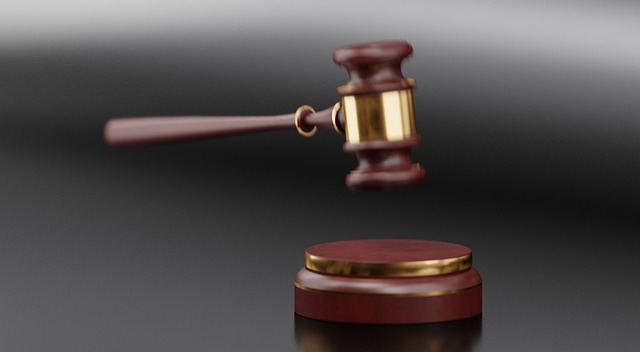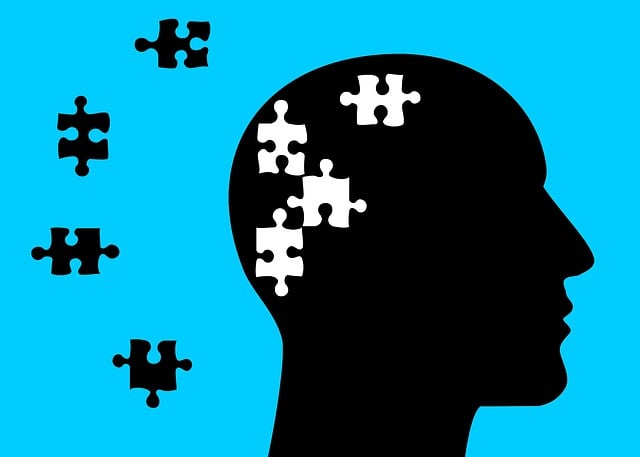Mental Health Courts (MHCs) offer a collaborative approach to legal proceedings for individuals with serious mental illnesses, prioritizing treatment and recovery over punishment. Specialized lawyers in MHCs must understand this integrated model, advocate for clients' rights in mental health cases, challenge stereotypes, and ensure fair treatment while fostering de-stigmatization within a compassionate legal system. By collaborating closely with clinical professionals, these attorneys bridge the gap between law and mental health, promoting ethical information sharing and developing individualized treatment plans to support clients through recovery.
Representing clients in mental health court cases requires a unique blend of legal expertise and clinical understanding. This article delves into the intricacies of mental health court processes, highlighting the vital role advocates play in protecting client rights within these specialized proceedings. We explore strategies for navigating legal and clinical collaborations to ensure comprehensive support for individuals navigating treatment and recovery. By examining these key areas, we aim to empower professionals to effectively advocate for and defend the rights in mental health cases.
- Understanding Mental Health Court Processes
- Advocacy: Protecting Client Rights in Proceedings
- Navigating Legal and Clinical Collaborations
- Supporting Clients Through Treatment and Recovery
Understanding Mental Health Court Processes
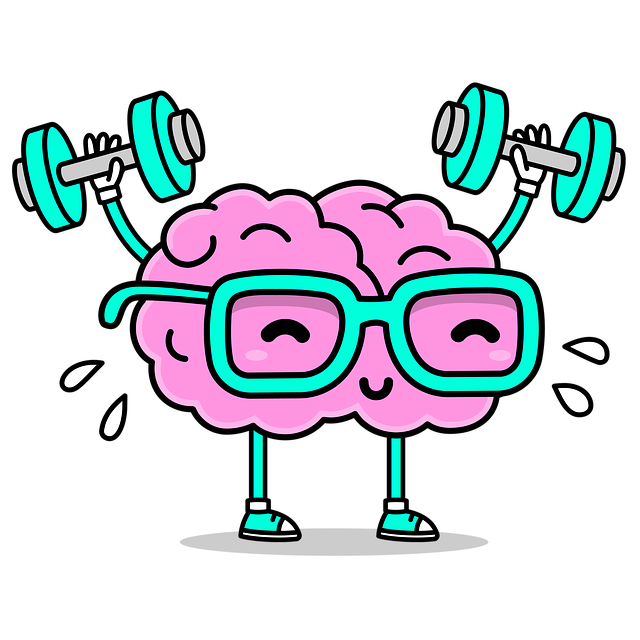
Mental Health Court (MHC) processes are designed to ensure that individuals with serious mental illnesses receive fair treatment within the legal system. Understanding these processes is crucial for lawyers representing clients in such cases. MHCs operate differently from traditional courts, emphasizing a collaborative approach that involves healthcare professionals, legal representatives, and judges working together. This integrated model aims to respect the rights of individuals with mental health conditions, who often face unique challenges navigating the justice system.
In these specialized courts, the focus shifts from punishment to treatment and recovery. Lawyers play a vital role in advocating for their clients’ rights, ensuring they receive appropriate mental health services while addressing any legal issues. By understanding the MHC’s goal of de-stigmatization and rehabilitation, attorneys can effectively represent their clients, promoting a more compassionate and responsive justice system tailored to their specific needs.
Advocacy: Protecting Client Rights in Proceedings

In mental health court cases, advocacy plays a pivotal role in protecting the rights of individuals facing unique challenges. Lawyers specializing in this field act as powerful champions for their clients, ensuring their voices are heard and their interests are upheld throughout the legal process. They navigate complex procedures, advocating for appropriate treatments, accommodations, and support services tailored to each client’s specific needs.
Effective advocacy involves educating both the court and all involved parties about mental health conditions, challenging stereotypes, and promoting understanding. By presenting compelling evidence and arguing in favor of their clients’ best interests, these lawyers secure fair treatment and just outcomes. They strive to ensure that rights in mental health cases are not only respected but also protected, fostering a more compassionate and inclusive legal system.
Navigating Legal and Clinical Collaborations
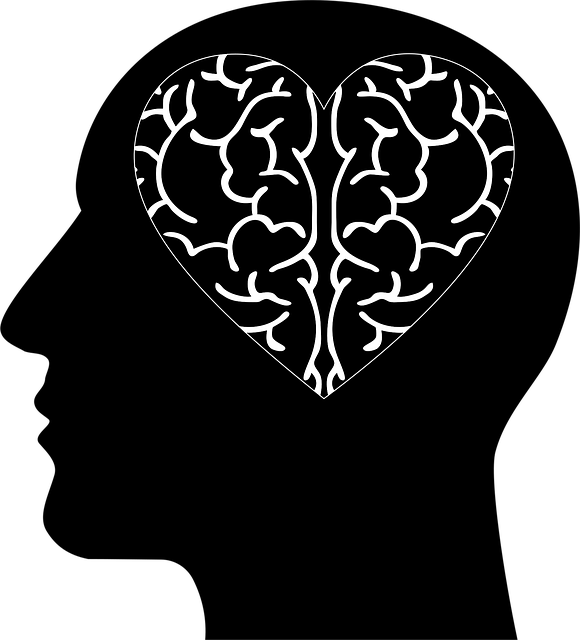
Navigating the intersection of law and mental health requires a delicate balance. In mental health court cases, attorneys must collaborate closely with clinical professionals to ensure the best outcome for their clients. This collaboration involves understanding the intricate details of both legal rights in mental health cases and the nuances of clinical practice. By bridging this gap, legal representatives can advocate effectively for their clients’ needs, promoting fair treatment and access to appropriate care.
Successful collaboration demands open communication channels where attorneys and clinicians share information ethically and responsibly. This partnership enables a holistic approach, considering not just legal arguments but also the client’s mental health status, treatment plans, and recovery goals. Such an integrated strategy is essential in advocating for clients’ rights in mental health cases, fostering a more supportive and understanding judicial environment.
Supporting Clients Through Treatment and Recovery
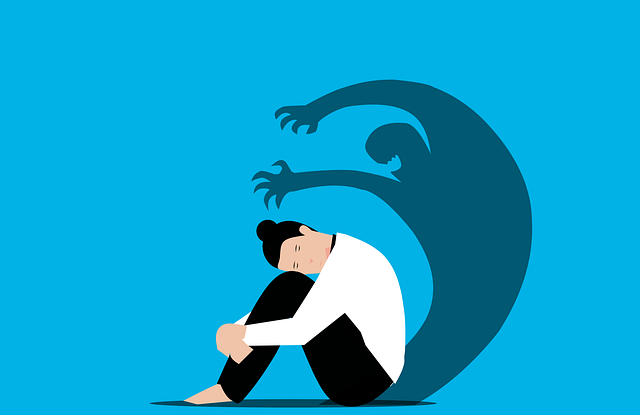
Supporting clients through treatment and recovery is a pivotal aspect of representing them in mental health court cases. It’s essential to help individuals navigate their journey toward stability and wellness. As advocates, we facilitate access to appropriate therapeutic interventions, ensuring our clients’ rights in mental health cases are upheld. This involves collaborating with healthcare professionals to develop individualized treatment plans that address specific needs.
We empower clients to actively participate in their recovery process by educating them about available resources and advocating for continued support post-court proceedings. By fostering a safe and non-judgmental environment, we encourage open communication, enabling clients to make informed decisions regarding their mental health management. This holistic approach not only strengthens their case but also paves the way for long-term success and improved quality of life.







